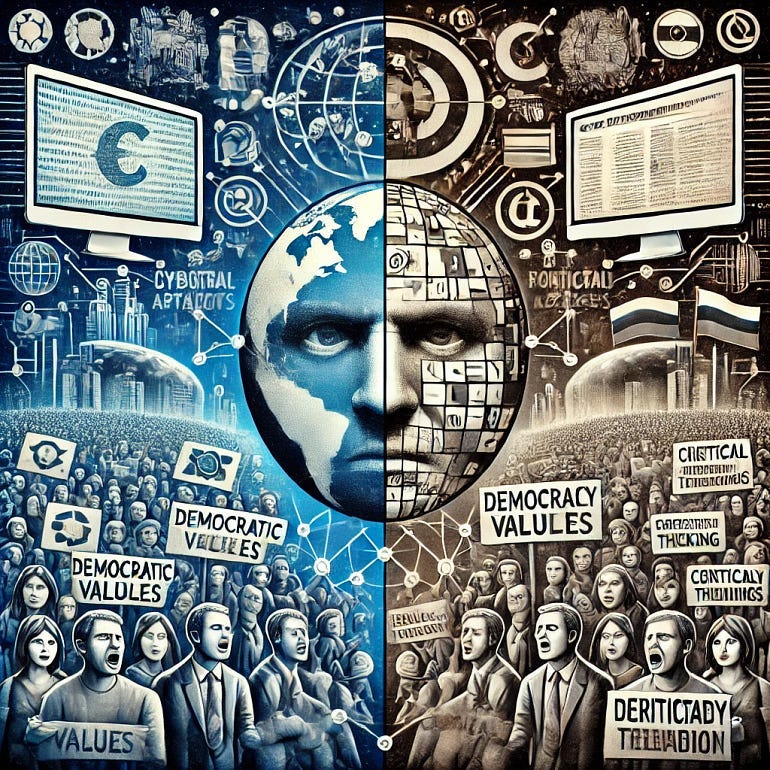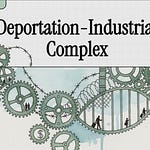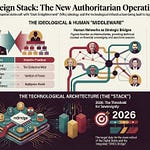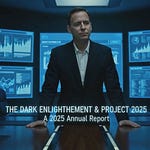
1. Context Overview
Foreign Adversaries’ Influence
Russia, China, and Iran have become adept at leveraging information warfare to destabilize American global influence and undermine democratic values worldwide. These campaigns often focus on discrediting democratic institutions, sowing division within Western societies, and promoting authoritarian alternatives as more stable or efficient systems.
Simultaneously, on the domestic front, a polarized citizenry has emerged, with one segment striving to uphold democratic principles and another succumbing to fearmongering, misinformation, and conspiracy theories. This internal discord magnifies the challenges posed by foreign adversaries, creating a feedback loop that undermines American unity and governance.
2. Key Points to Address
Foreign Front
Russia: Employs targeted disinformation campaigns aimed at exacerbating societal divisions. Through platforms like social media, Russia amplifies racial tensions, electoral conspiracies, and anti-government sentiment. Notable examples include interference in the 2016 U.S. election and propaganda supporting populist movements worldwide.
China: Focuses on shaping global narratives to bolster its image as a rising superpower. It deploys economic leverage, cyber espionage, and propaganda to delegitimize Western democracies while promoting its model of governance. For instance, China’s portrayal of COVID-19 responses highlights its authoritarian efficiency over perceived Western disarray.
Iran: Targets regional and global audiences by amplifying anti-American sentiment and supporting proxy narratives that weaken U.S. influence in the Middle East. Cyberattacks and disinformation campaigns also aim to erode trust in American leadership.
Home Front
Motivations: Domestic groups undermining the government often operate out of fear of change or economic uncertainty. These groups frequently cling to conspiracy theories that validate their concerns, such as “deep state” narratives or QAnon. Political actors may exploit these fears to consolidate power.
Impact: Fearmongering and misinformation degrade public trust in institutions like the judiciary, the media, and electoral systems. This erosion of trust weakens democratic norms and amplifies polarization, making collective action and compromise increasingly difficult.
3. Impact Analysis
Interconnection Between Fronts
Foreign disinformation campaigns often exploit existing domestic divides, amplifying conspiracy theories and fearmongering to destabilize the U.S. internally. Conversely, domestic disarray weakens America’s credibility abroad, emboldening adversaries to further their agendas. This cycle threatens both the integrity of American democracy and its global leadership.
Future Implications
If unchecked, these dual pressures could lead to a fragmented society, diminished trust in governance, and reduced global influence. This vulnerability would embolden authoritarian regimes, posing an existential threat to democratic values worldwide.
4. Recommendations
For Policymakers:
Strengthen Media Literacy Programs: Implement nationwide education initiatives to help citizens critically evaluate information.
Enhance Cybersecurity Measures: Invest in technologies to detect and counter foreign disinformation campaigns.
Promote Bipartisan Cooperation: Encourage collaboration on initiatives that reinforce democratic norms and rebuild trust in institutions.
Support Independent Media: Provide incentives for investigative journalism and fact-based reporting to counteract misinformation.
For Individuals:
Engage Critically: Verify information before sharing, and diversify news sources to avoid echo chambers.
Encourage Dialogue: Foster respectful conversations across political divides to rebuild social cohesion.
Participate Civically: Stay informed and involved in local and national governance to counter apathy and disillusionment.
5. Conclusion
The two-front information war underscores the fragility of democracy in the digital age. Awareness, resilience, and proactive strategies are essential for countering these challenges. By addressing both foreign interference and domestic discord, we can protect democratic values and foster a more united and informed society. The stakes are high, but with collective action and commitment to truth, the path forward remains within reach.











